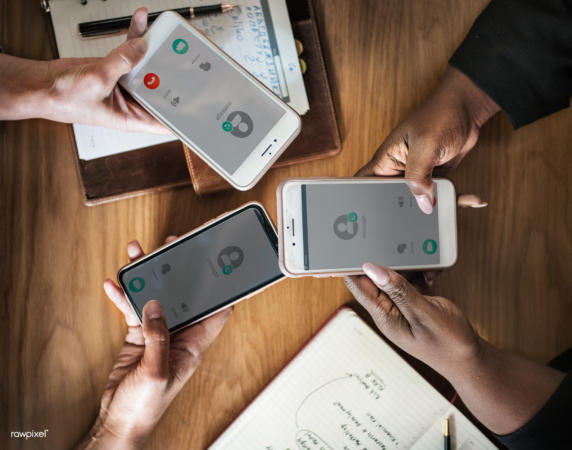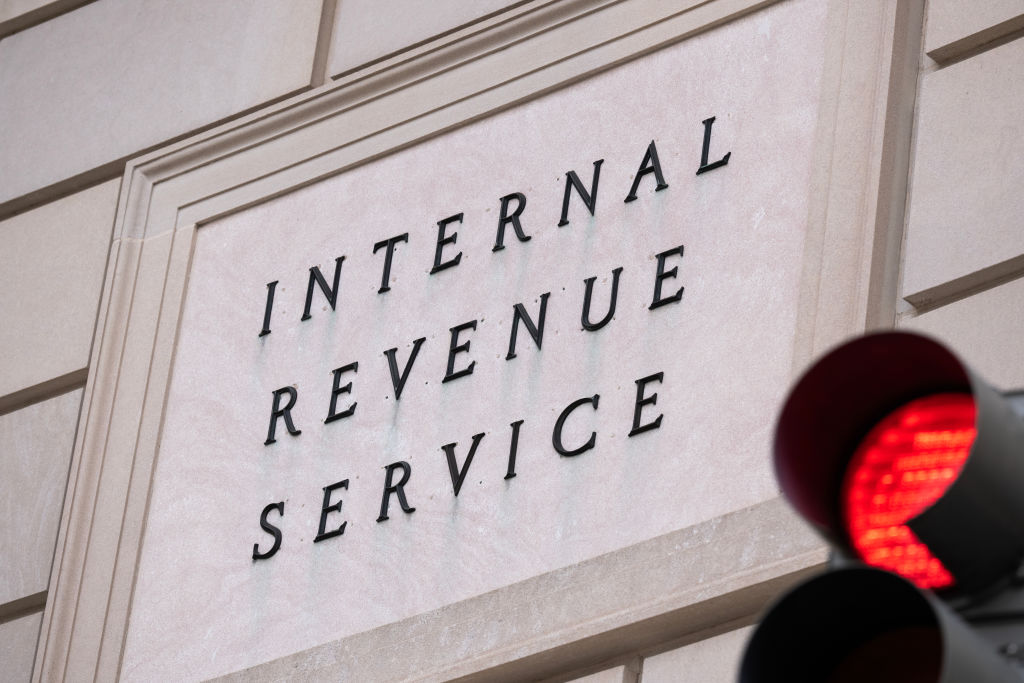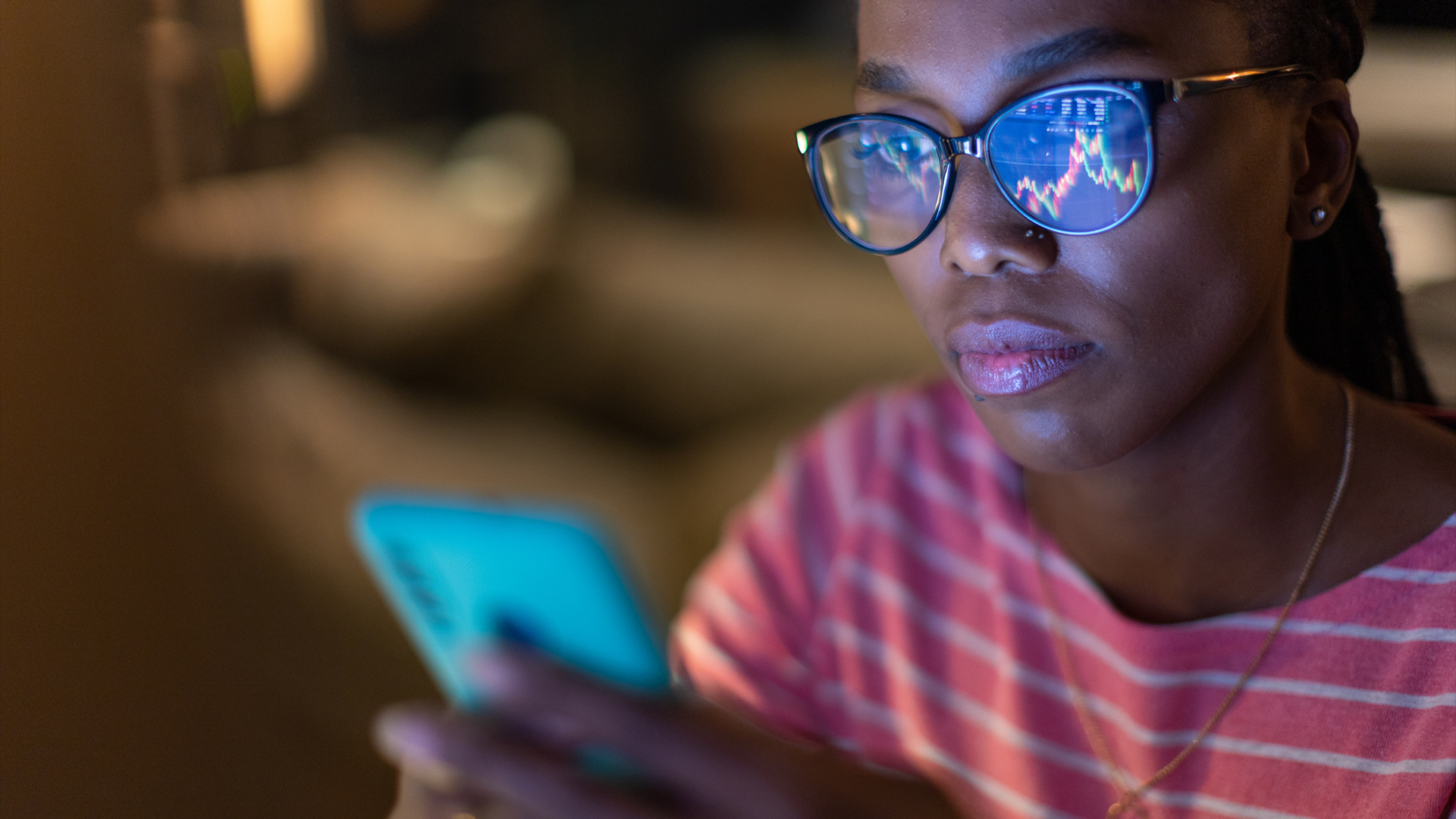Apple has removed at least 11 of the 17 most downloaded parental and screen-time control apps from its App Store, according to the New York Times.
The move comes after the company began making stricter rules on iPhones’ ability to control other smartphones, the use of certain APIs and the release of its own screen-time monitor.
Screen-time control apps seem to be counterproductive for Apple; however, the company said that it does not want people using iPhones all the time.
“This has never been an objective for us,” Apple CEO, Tim Cook, said at the TIME 100 Summit earlier this month.
An Apple spokeswoman told the New York Times that the company has removed some apps because they collect too much user data, which violates the company’s rules.
“We treat all apps the same, including those that compete with our own services,” Tammy Levine, the Apple spokeswoman. “Our incentive is to have a vibrant app ecosystem that provides consumers access to as many quality apps as possible.”
Apple’s own screen-time feature tracks how much time users spend within each app; however, it does not have the same amount of restrictions as apps like OurPact and Freedom, which have recently been removed from the app store.
Apple’s screen-time feature allows users to block inappropriate content, set time limits, schedule downtime to use certain apps, and create family screen-time restrictions for shared devices.
Mental health and device usage have been a growing issue for tech companies because of platform and hardware effects on users. Facebook and Instagram have also added screen-time features; however, the tools do not restrict any functionality within the apps. Users get a weekly summary of screen-time, and notifications when they’ve reached their limits, but that’s about it.
Although top developers for parental and screen-time control apps are angered by the move, it could be a sign that Apple is bolstering up its own features. Either that or the company doesn’t want any data or privacy issues in the future.
















